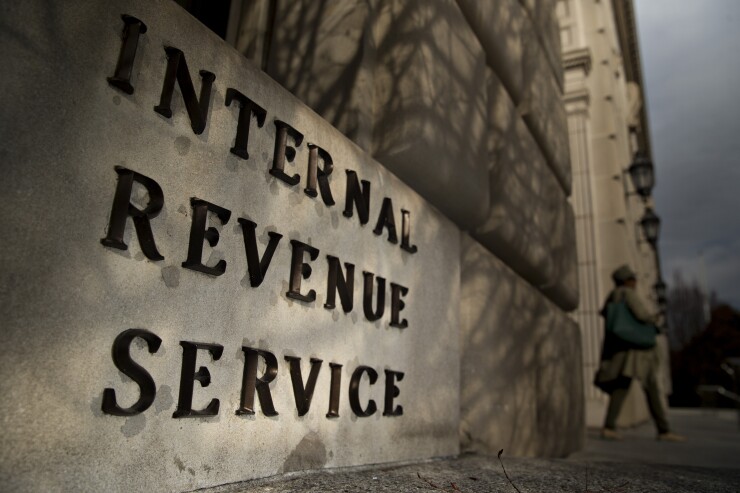There’s an
The product is called private placement life insurance, or
The potential tax benefits are three-fold: The insured person doesn't pay taxes on investment gains, the beneficiary may avoid taxes when the death benefit is paid out, and if structured a certain way, the insured's estate may not have to pay taxes.
Without a PPLI policy, hedge fund investors would typically be taxed on gains at ordinary income tax rates. That's because those gains are often

But such a sweet tax deal usually comes with costs, and this one is no exception.
First, PPLI is not something for just the pretty well off who are concerned about an increase in the capital gains tax rate. (President Joe Biden has proposed doubling the rate paid on gains of assets such as stocks or bonds for those earning at least $1 million.)
The policies typically require at least $1 million (and generally closer to $5 million) as an upfront premium. That’s a lot of money to put into alternative investments, which often entail more risk, making PPLI best suited to those with at least $20 million in net worth.
Even if someone has attained that level of wealth, there are other reasons why PPLI isn't ideal. Many investors are initially attracted to PPLI because if it's set up a certain way, they can still have access to the money they've put in without incurring taxes; they can either withdraw premium contributions they’ve made or borrow against the account. But there's a cap on how much the insured person can withdraw or borrow, so those looking to tap all of it won't be happy.
There's also risk if the policyholder takes out too much and the underlying investments start to underperform. That could cause the policy to lapse, which would result in owing ordinary income tax on any appreciation in the account since the policy started.
For those who aren't concerned about being able to tap the money and just want to maximize the death benefits for their heirs, there are other types of insurance policies that may be more attractive, said Jon Ripchick, a wealth strategist at Goldman Sachs Ayco Personal Financial Management, which offers financial planning to corporate executives.
PPLI's plethora of fees can also be a turnoff. They can amount to 1% annually on average of the policy's cash value, and may include management fees, upfront sales charges and recurring administrative fees.
Policyholders are also mostly stuck with investing in the options provided by the insurer.
If they'd like more customization, they can entrust an adviser to make investments, but they can only provide general guidelines and the account must meet certain diversification requirements. If not, they'll face scrutiny from the Internal Revenue Service. It can be hard to maintain that separation, especially if someone is using an adviser for PPLI investments as well as non-insurance holdings.
Don't assume the IRS isn’t watching. In a





